5 Umami-Rich Spices That Will Elevate Your Spice Game (Without Telling Your Grandma)
Description
Get ready to unlock the savory secrets of umami! This guide explores five powerful spices that bring depth, richness, and a touch of culinary magic to any dish. Whether you're a spice pro or just getting started, these tips will help you level up your cooking game — without burning down your kitchen.
Table of Contents
- The Mysterious Magic of Umami
- Top 5 Umami-Packed Spices You Need Now
- Pro Tips for Using These Flavor Bombs Like a Boss
- Myth-Busting: Umami Isn’t Just MSG (But We Won’t Tell Your Aunt)
- Conclusion: Taste the Rainbow (the Savory One)
The Mysterious Magic of Umami
Let’s face it — when most people hear “umami,” they either think it's a new yoga pose or a fancy way to say “tastes like dirt.” But in reality, umami is the fifth taste, sitting right there with sweet, sour, salty, and bitter. It’s that deep, rich, mouthwatering flavor that makes you go “Mmm... what did I just eat?”
Umami translates from Japanese as “pleasant savory taste.” And yes, it does sound like something a philosopher would say while sipping green tea on a mountain. But in food terms, it’s all about depth, complexity, and that addictive quality that keeps you coming back for more bite after bite.
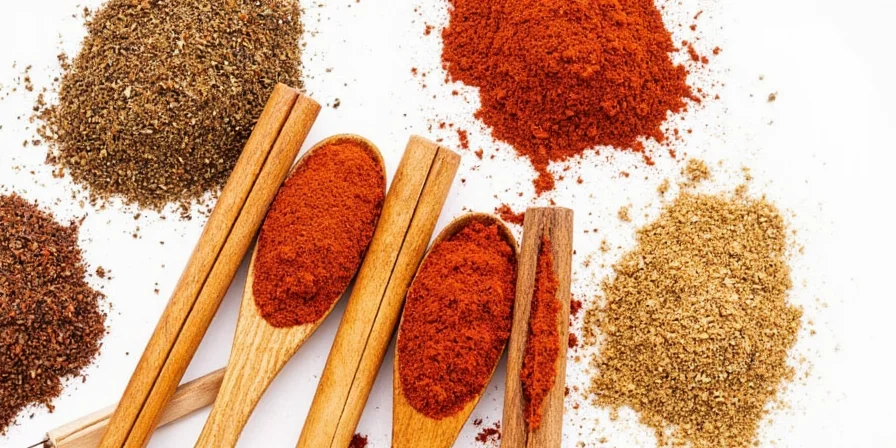
Top 5 Umami-Packed Spices You Need Now
You don’t need a PhD in Food Science to add serious umami to your dishes. Sometimes, it’s just about picking the right spice. Here are the top five flavor bombs that pack an umami punch:
- Miso Powder: The dried version of miso paste, this fermented powerhouse adds depth without adding liquid. Great for rubs, dry sauces, or just sprinkling over popcorn (we won't judge).
- Dried Shiitake Mushrooms: When ground into powder, shiitakes become one of the most concentrated sources of umami out there. Add a teaspoon to soups, broths, or burgers for instant savoriness.
- Anchovy Flakes: Yes, they’re fishy — but not in a “fish sticks at a school cafeteria” kind of way. In small amounts, anchovies melt into dishes and add a salty, meaty depth that’s impossible to replicate otherwise.
- Fermented Black Garlic: Sweet, sticky, and intensely savory, black garlic is basically nature’s MSG. Grind it into powder and use it to season everything from steak to scrambled eggs.
- Worcestershire Sauce Powder: The powdered form of everyone’s favorite tangy condiment. It’s a flavor shortcut that works wonders in marinades, dressings, and even Bloody Marys.
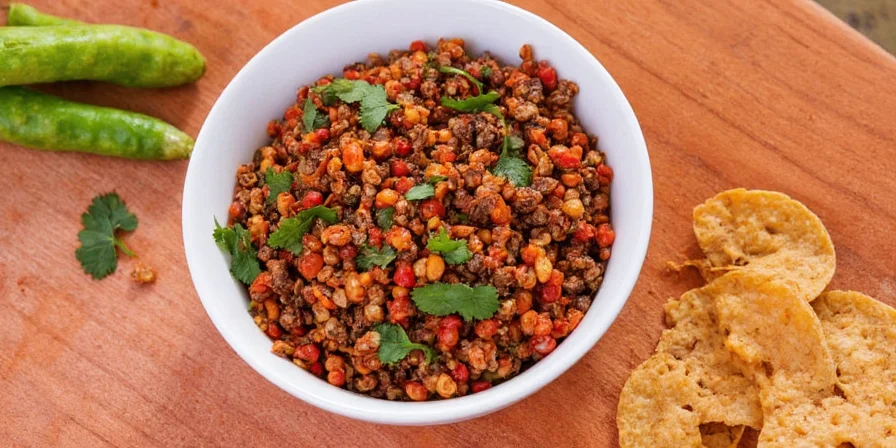
| Spice | Flavor Profile | Best Use | Substitutes |
|---|---|---|---|
| Miso Powder | Salty, fermented, earthy | Rubs, sauces, dressings | Soy sauce powder, tamari |
| Shiitake Powder | Woodsy, mushroomy, deep | Burgers, soups, stews | Porcini powder, dried porcini |
| Anchovy Flakes | Fishy, salty, savory | Pasta sauces, dressings, casseroles | Worcestershire sauce, soy sauce |
| Black Garlic Powder | Smoky, sweet, savory | Steak rubs, dips, sauces | Garlic powder + balsamic |
| Worcestershire Powder | Tangy, smoky, umami-rich | Cocktails, marinades, dressings | Liquid Worcestershire, fish sauce |
Pro Tips for Using These Flavor Bombs Like a Boss
Now that you’ve got the spices, let’s talk about how to use them without turning dinner into a science experiment. Here are some handy hacks and tricks:
- Start Small: Umami spices are powerful. A little goes a long way — especially with anchovies and miso. Trust us, you don’t want to end up with a burger that tastes like the ocean floor.
- Layer Them In: Don’t just sprinkle on top. Mix them into sauces, rubs, or batters for even flavor distribution. Think of them like bass in a song — subtle but essential.
- Pair With Acid: Umami loves acid. Balance that deep flavor with a splash of lemon juice, vinegar, or citrus zest. It keeps things from tasting too heavy.
- Use Heat Wisely: Some umami spices, like miso and black garlic, can lose their nuance if cooked too long. Add them near the end of cooking for maximum impact.
- Don’t Fear Experimentation: Try mixing different umami spices together. Shiitake + miso? Anchovy + garlic? Why not? The best flavors come from daring to break the rules.
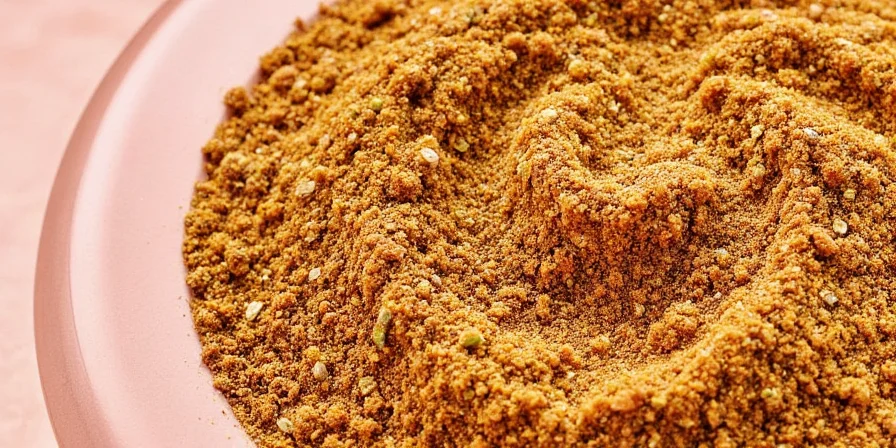
Myth-Busting: Umami Isn’t Just MSG (But We Won’t Tell Your Aunt)
There’s a lot of confusion around umami and monosodium glutamate (MSG). Let’s clear things up once and for all:
- Myth: Umami = MSG.
Fact: While MSG enhances umami, it’s not the same thing. Natural foods like tomatoes, cheese, mushrooms, and yes — spices — contain free glutamates that create that savory effect. - Myth: MSG is unhealthy.
Fact: Unless you have a rare allergy, MSG is safe to consume. The FDA and WHO both classify it as generally recognized as safe (GRAS). - Myth: You need fancy ingredients to get real umami.
Fact: Nope! Everyday ingredients like Parmesan cheese, ketchup, and even Doritos are packed with natural umami. The trick is knowing how to use them creatively.
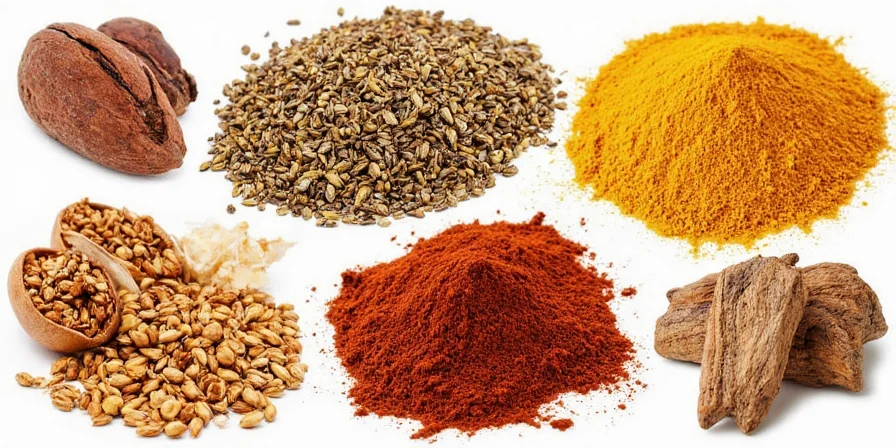
Conclusion: Taste the Rainbow (the Savory One)
Adding umami doesn’t have to mean breaking the bank or spending hours fermenting your own kombucha-based spice blend. With the right spices in your arsenal, you can transform everyday meals into deeply satisfying flavor experiences.
So next time you reach for salt and pepper, why not throw in a pinch of shiitake powder or a dash of miso? Your taste buds — and maybe even your ex — will thank you.
Now go forth and make every bite worth remembering!
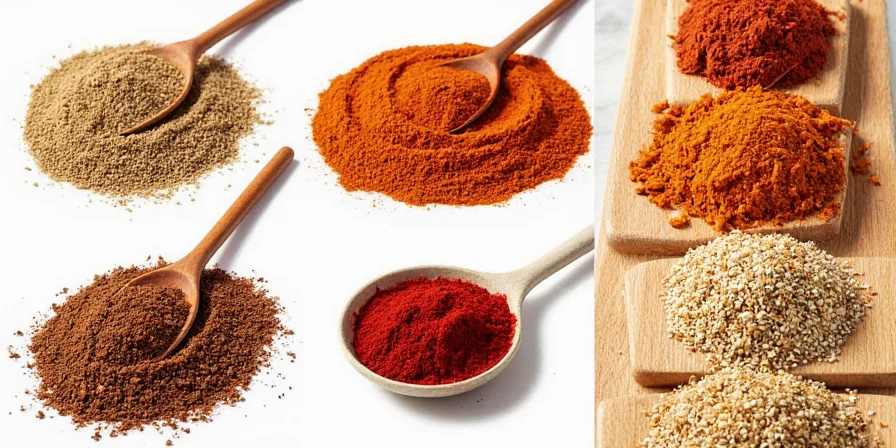

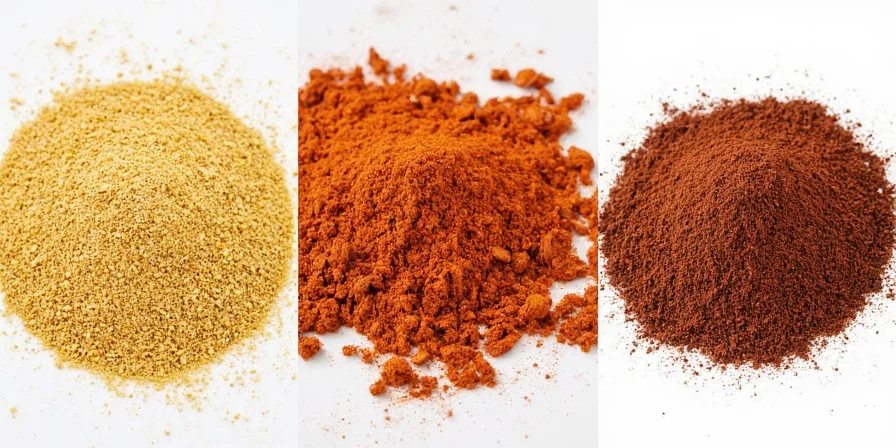









 浙公网安备
33010002000092号
浙公网安备
33010002000092号 浙B2-20120091-4
浙B2-20120091-4